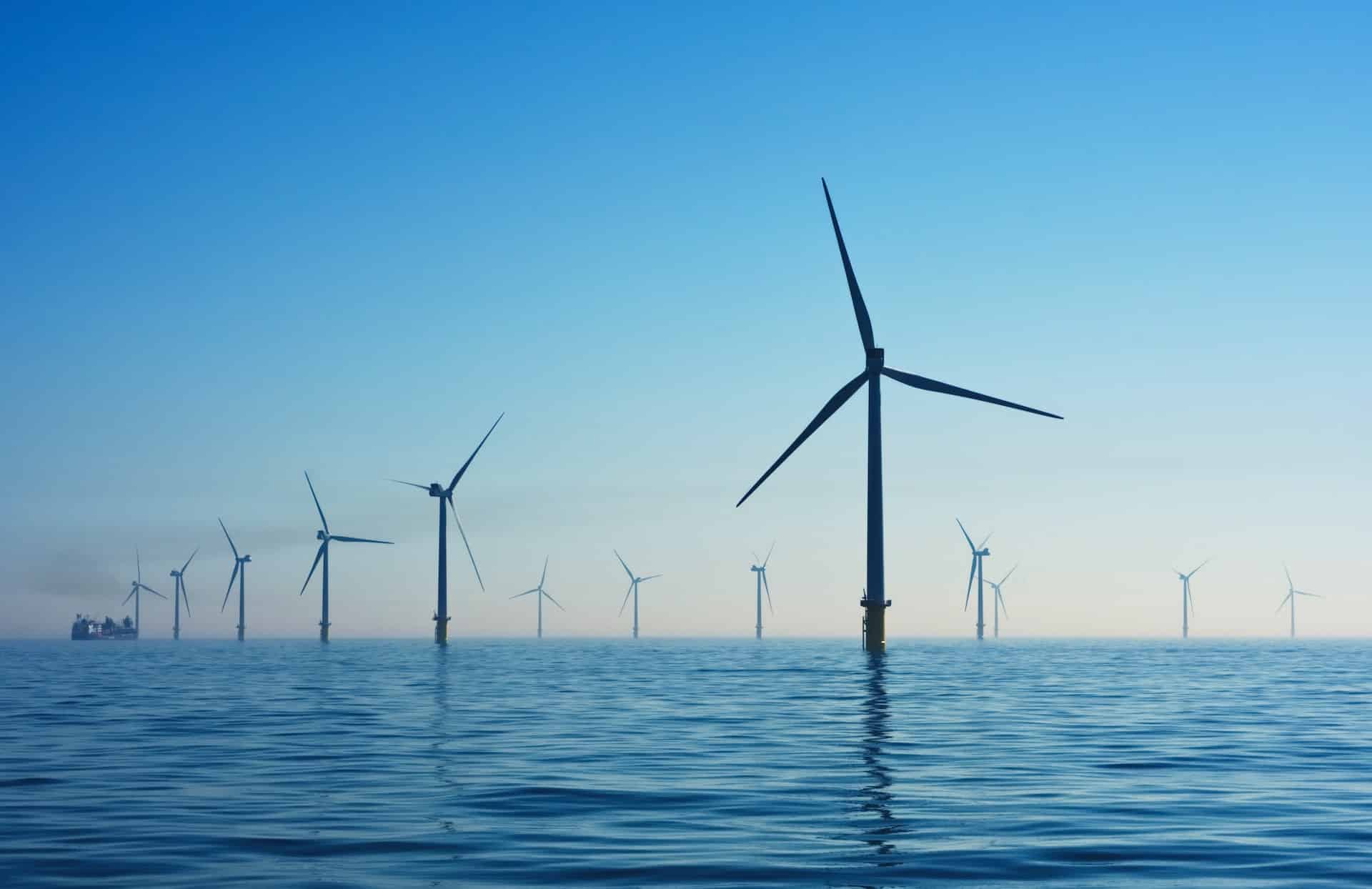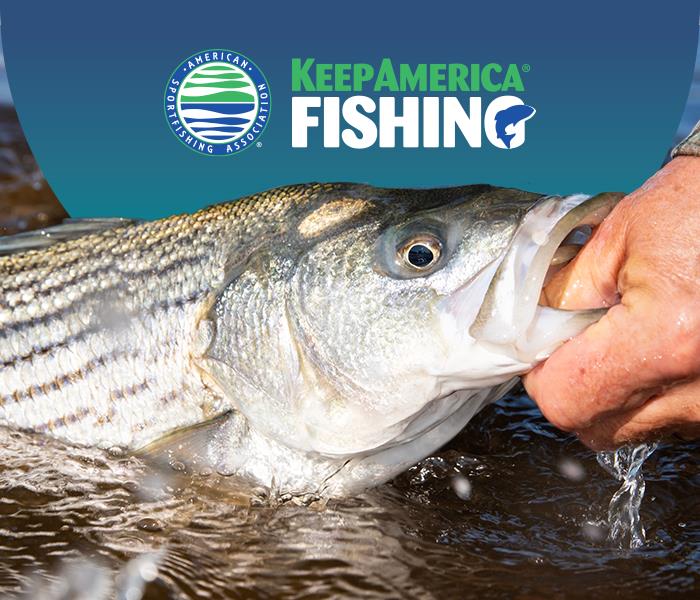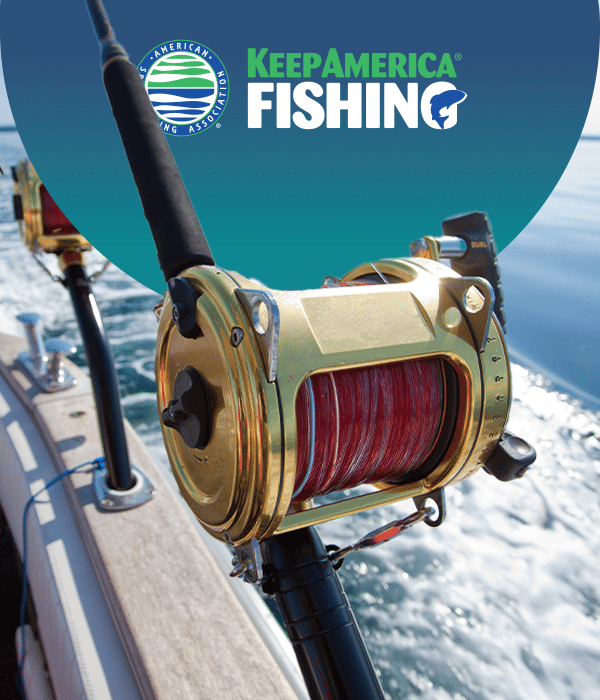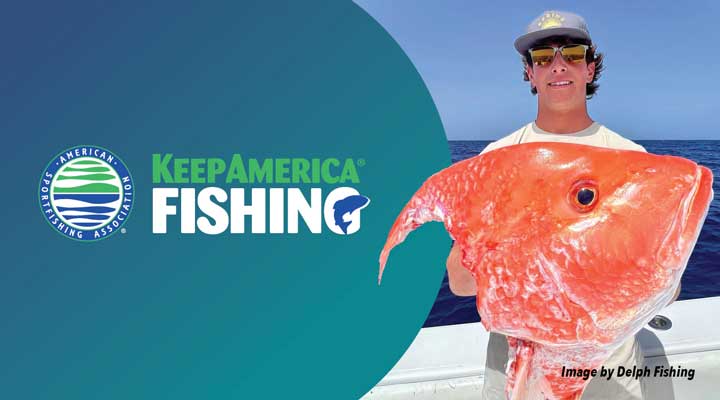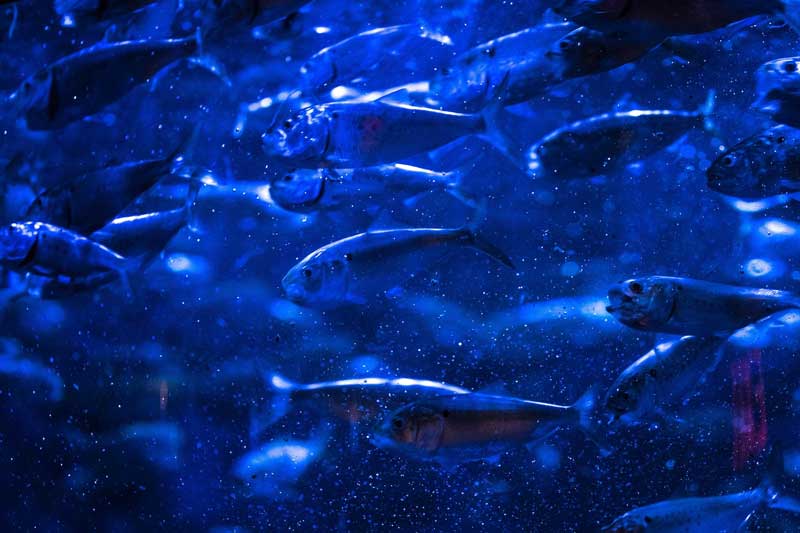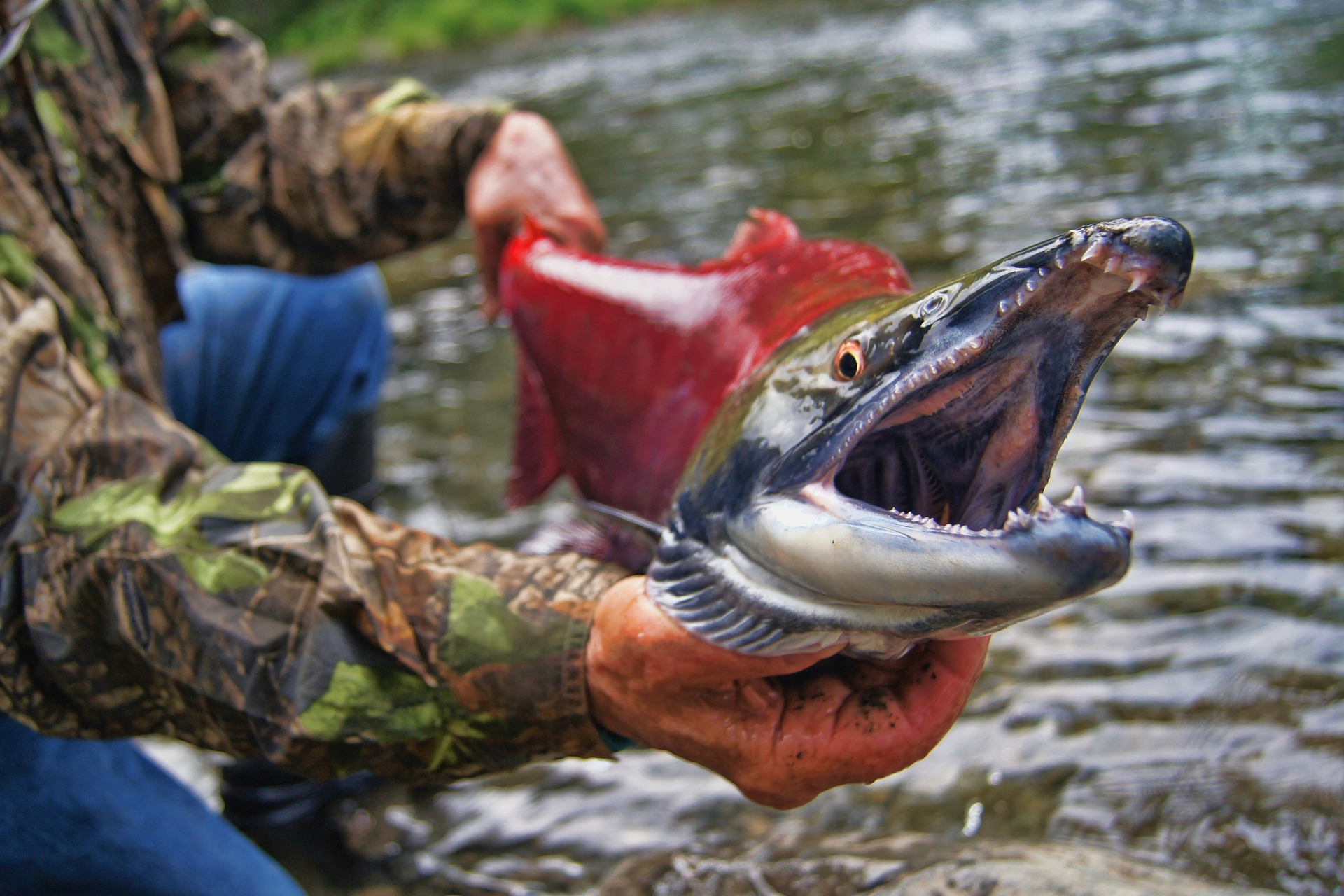Overview of the Issue
With increased attention on renewable energy, there has been a rapid expansion in proposed Offshore Wind Energy (OWE) projects on both the Atlantic and Pacific Coasts. With thousands of square miles of ocean ready for development, we must make sure that potential impacts on recreational fishing are accounted for to keep fishing opportunities open to American anglers. ASA’s position statement outlines major topics important to the sportfishing industry such as access, science-based management and impacts to local fishing economies.
In the Atlantic, Block Island Wind Farm off Rhode Island’s coast is currently the only OWE project in operation on the U.S. East coast. Planning for future production is rapidly increasing with 15 leases currently issued by the Bureau for Ocean Energy Management (BOEM) which is the federal agency responsible for overseeing these projects. The current leases range from Massachusetts to North Carolina, and the permitting process involves both federal and state review.
In the Pacific, the BOEM has established four call areas off the Pacific Coast from California to Oregon. Additional call areas have been established in the Gulf and Atlantic Coast waters. As the Pacific regions begin to develop areas for wind energy leasing, many projects on the Atlantic are nearing their construction phase. Offshore wind energy development is being driven largely by federal and state commitments to invest in clean renewable energy.
There are concerns about the speed in which these projects are moving across all regions, as well as the potential impacts to recreationally important fish species and their habitats.
Are wind turbines bad for fisheries?
Mike Waine, Atlantic Fisheries Policy director, discusses the coexistence of fisheries and offshore wind energy with Krista Banks of Vineyard Wind.
WHAT ASA IS DOING
As the nation’s sportfishing trade association, ASA understands the importance of reliable and affordable energy solutions and the need for fisheries to coexist with OWE development goals.
ASA continues discussions with developers regarding the need to fund a recreational fishing and boating group to provide fishery related information that informs the development of OWE projects. Working with members of the ASA Wind Working group, we drafted bylaws that would guide the operation of this recreational fishing and boating group. We are currently putting together a proposal for OWE developers that aims to bring operational funding for this long overdue group.
Additionally, Mike Waine was recently appointed to the Responsible Offshore Science Alliance (ROSA) Advisory Committee. ROSA is a nonprofit organization that seeks to advance regional research and monitoring of fisheries and offshore wind interactions. Mike’s position with ROSA will allow him to advance ASA’s scientific priorities, as articulated in ASA’s position statement.
Since ASA’s initial position statement in July 2019, the working relationship between the recreational fishing community, OWE developers, and state and federal permitting agencies has reached an all-time low. Wind is a widely available renewable resource, so there’s absolutely no excuse for neglecting stakeholder engagement and feedback when developing offshore wind energy (OWE) responsibly. We urge state and federal permitting agencies and OWE developers to revisit the stakeholder engagement model to make it more meaningful and impactful to achieve promises of co-existence between these two industries. Read the updated policy statement here.


